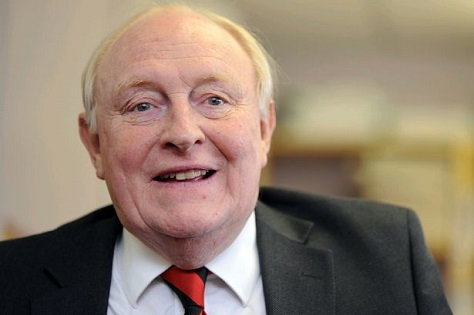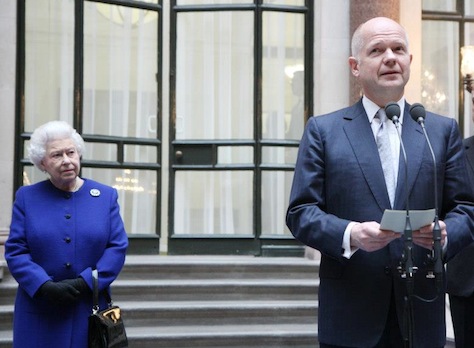Twenty-three years ago, Neil Kinnock was expected to defeat a tired Conservative Party, reeling after three full terms in government that barely seemed capable of limping into its fourth.![]()
Instead, Tory prime minister John Major won the 1992 election, against all expectations, thwarting Kinnock’s second chance at restoring Labour to government. Kinnock stepped aside as leader, and his role in Labour’s revitalization was quickly marginalized with the election of Tony Blair as Labour leader in 1994 and Blair’s landslide ‘New Labour’ victories in 1997, 2001 and 2005.
But when Blair’s successor, Gordon Brown, lost the 2010 election, the ‘New Labour’ label had become tired and somewhat toxic. Moderate voters blamed Brown for the excesses of the financial crisis and, more fundamentally, opposed Blair’s involvement in the US invasion of Iraq and the growth of what critics called a widening police state across Great Britain. Moreover, progressives and the labour union activists that had historically been at the heart of Labour wanted a new approach that recovered some of the social democratic populism with which Labour was once synonymous.
It was no shock, then, when Neil Kinnock emerged as a leading adviser to the lesser-known Ed Miliband in his attempt to win the Labour leadership crown in 2010.
* * * * *
RELATED: Would David Miliband be doing better than Ed?
RELATED: Blair role virtually non-existent as UK campaign heats up
* * * * *
Miliband, of course, famously succeeded, defeating his own brother, former foreign minister David Miliband, on the strength of his support from labour unions and activist groups, which represented one of three equal constituencies in the Labour leadership contest (Ed lost the other two among Westminster MPs and among regular Labour party members).
From the start of the Ed Miliband era, then, Kinnock has been a close informal adviser and mentor to the young Labour leader, marking something of a rehabilitation for a former Labour leader who himself came just shy of becoming prime minister. Kinnock’s daughter-in-law is Danish Social Democratic Party leader Helle Thorning-Schmidt, since October 2011 the prime minister of Denmark. Her husband, Stephen Kinnock, is widely favored to win election to the House of Commons this week as a Labour MP for the Welsh constituency of Aberavon.
As the election approaches this week, Kinnock has been as much of a hindrance as a help to Miliband — just as Kinnock did, Miliband struggles to project a convincing image that he will be an effective prime minister. The comparison has not been to Miliband’s advantage. Over the weekend, Miliband unveiled an eight-foot stone monolith carved with key Labour pledges. The stunt was met with wide derision from social media and elsewhere — one Telegraph columnist called it Miliband’s ‘Kinnock moment.’
Continue reading Labour victory could bring Kinnock into heart of British government




